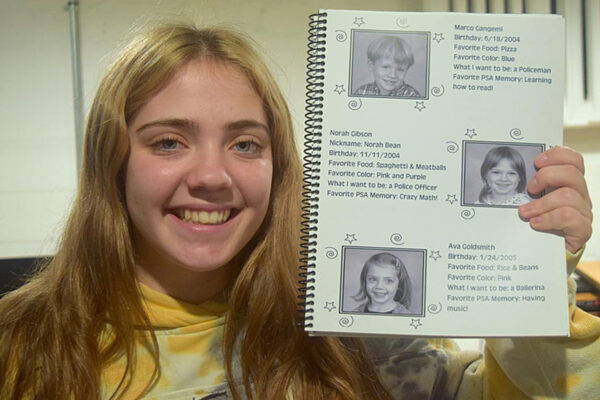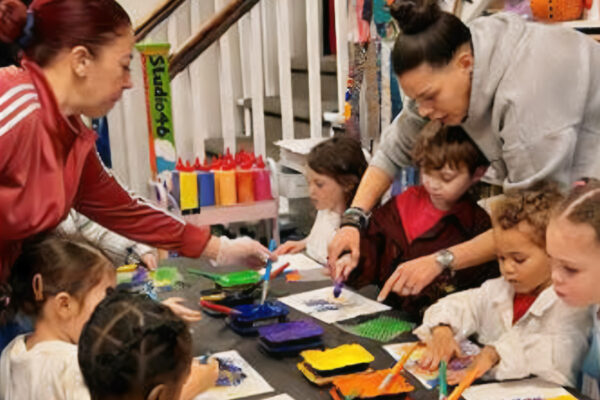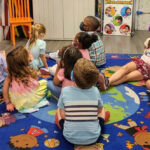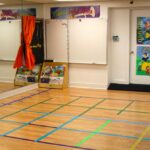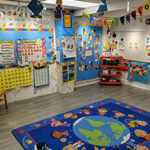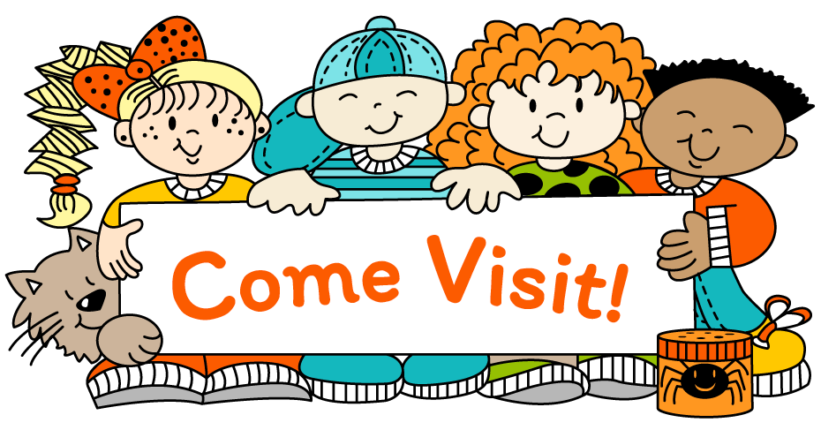
THE POSITIVE POWER OF SUPERHERO PLAY
Rethinking Superhero Play for Preschoolers
You’re in the kitchen and out of nowhere your three-year old daughter and four-year old son come flying into the room adorning their capes screaming that they are after the bad guys. As they run out to continue their search, you feel that pit in your stomach. While you’re happy they are getting along and playing together, you can’t help but worry that this superhero play could turn into aggressive behavior in other situations. If this sounds all too familiar, you’re not alone.
But what if superhero play could actually be a good thing? What if this play, which we all know is inevitable, couldprovide a valuable opportunity for young children to learn about helping others? As it turns out, this really can bethe case!
Why the Superhero Fascination?
Think about it. If you’re a toddler or preschooler, your life choices are limited. Pretending to be a superhero is one way for kids to feel as powerful as adults. “This type of play allows children to feel in control and invincible at a time when developmentally they might be feeling just theopposite,” says Erica Pelavin, an individual and family therapist in Palo Alto, Calif. In addition, taking on another persona gives them a chance to “try on” different personalities. Many children have difficulty understanding and/or expressing their feelings. Pretending to be a superhero can make it easier for an otherwise intimidated, shy or fearful child to express his or her feelings.
The Positive Power of Superheroes!
Preschool children have a strong sense of right and wrong. There are no shades of grey and very little room for negotiation. Pretending to be a superhero with extraordinary powers can provide an opportunity for children to learn to deal with issues of fairness, justice, human rights, and caring. Here are some ways to foster healthy superhero play:
- Talk with your child about the “good guys” by using words that describe good qualities, such as kindness, determination & selflessness. Reinforce that these qualities don’t always require physical strength.
- Remind your child that while Spiderman is really cool and helps people, he is a fantasy character. Point out the differences between what a fantasy character with super-human abilities can do and what a real person can do.
- Talk with your preschooler about real-life heroes, such as police officers, firefighters, EMT’s, and other community helpers.
- Establish rules for playing superheroes, such as no pointing sticks or “weapons” at a person, using inappropriate language or touching another person’s body.
To extend your child’s superhero play, why not take it outside the playroom? Doing acts of kindness in the real world not only extends learning, but makes both you and your child true super heroes.
Lisa Raphael
Director, Park Street Academy
Montclair, NJ

